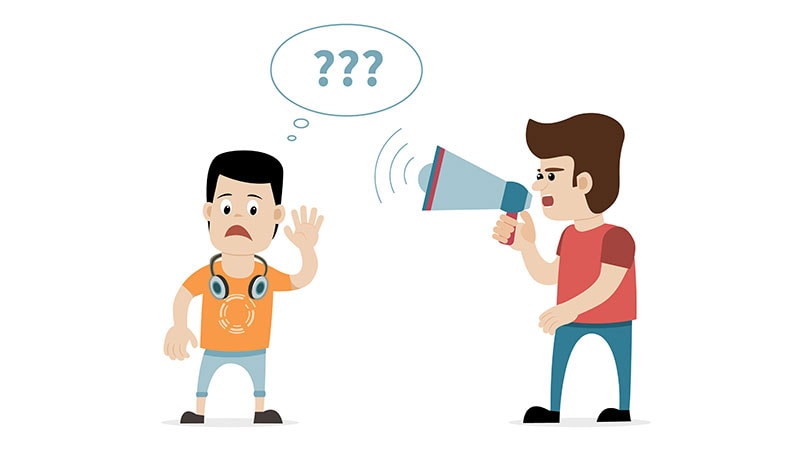I sit outside the church as an outcast, the sound levels are unbearable.
At the Gym, I get dance music at shrieking proportions. I keep turning it low much to the chagrin of the trainer. Weddings, Parties; any outdoor venues are hyper loud.
At few audiophiles' residences, I request the sound to be reduced. Their sound levels start to cause some discomfort. One of them prefers playing loud, loud and louder; he admitted that he has minor hearing loss and tinnitus in the left ear.
Am I an oddball or have I become sensitive in the ears? Or is it that humans as species have evolved to be more tolerant?
My Apple Watch taps at my wrist to give me a sane advice. It notifies that I’m in a loud environment (touching 90-95dB). 10 minutes of that exposure would cause temporary hearing loss., a major pathway to permanent hearing impariment. I’ve got it covered with a nice pair of 3M ear plugs. This has become an essential accessory.
My listening levels are around 50-60dB usually, and sometimes 70-75dB; nothing more.
Why do I bring this? When I see people sitting calmly next to blaring sound boxes, I wonder if there is a collective human impairment. I hope to get some thoughts around this. As audiophiles, ears are one of our most important senses.
“Millions of teenagers and young people are at risk of hearing loss due to the unsafe use of personal audio devices and exposure to damaging sound levels at venues such as nightclubs, bars, concerts and sporting events,” said Dr Bente Mikkelsen, WHO Director for the Department for Noncommunicable Diseases.
https://www.who.int/news/item/02-03...ndard-to-tackle-rising-threat-of-hearing-loss


